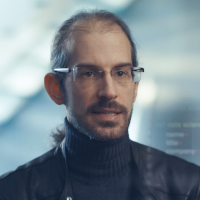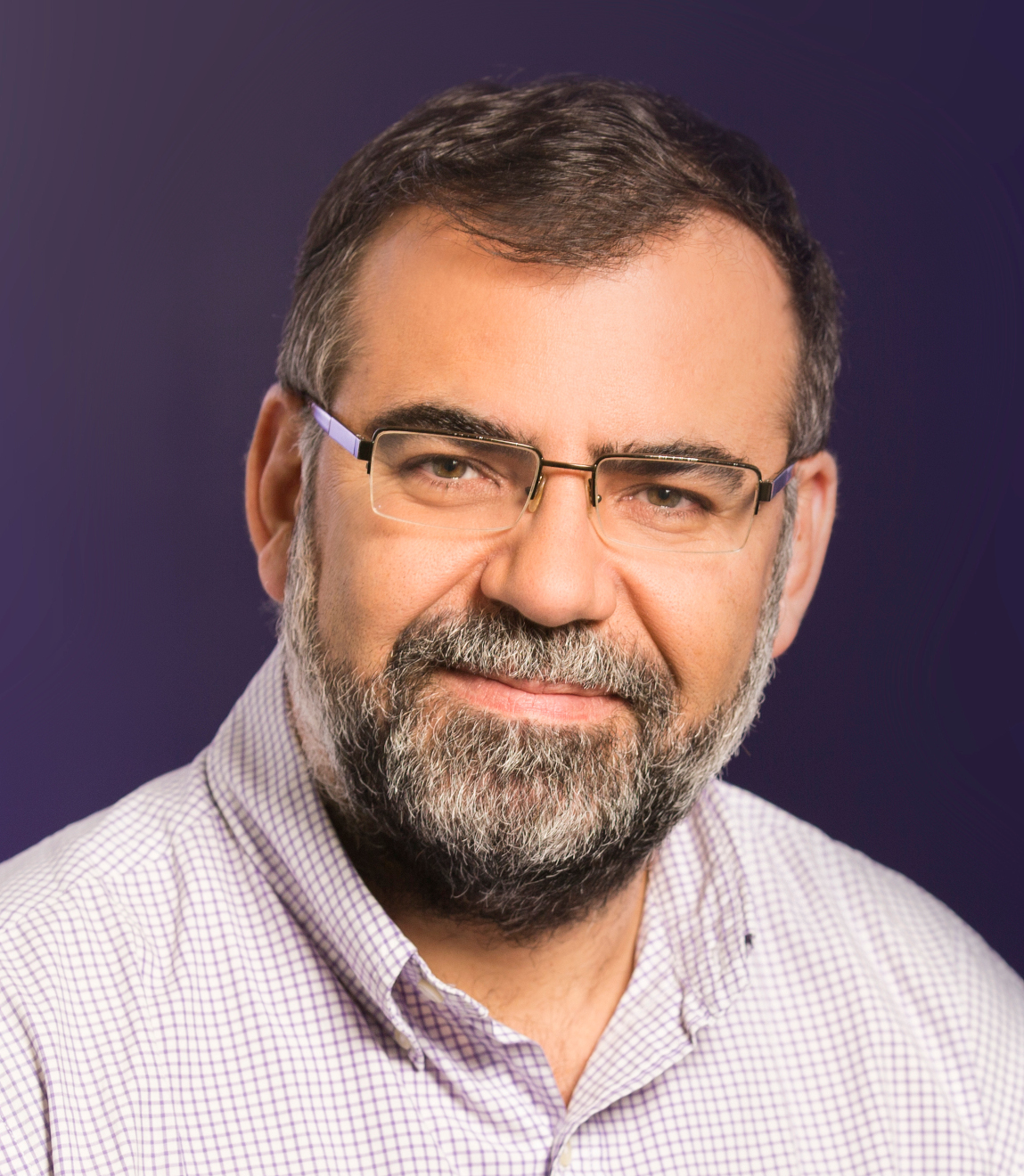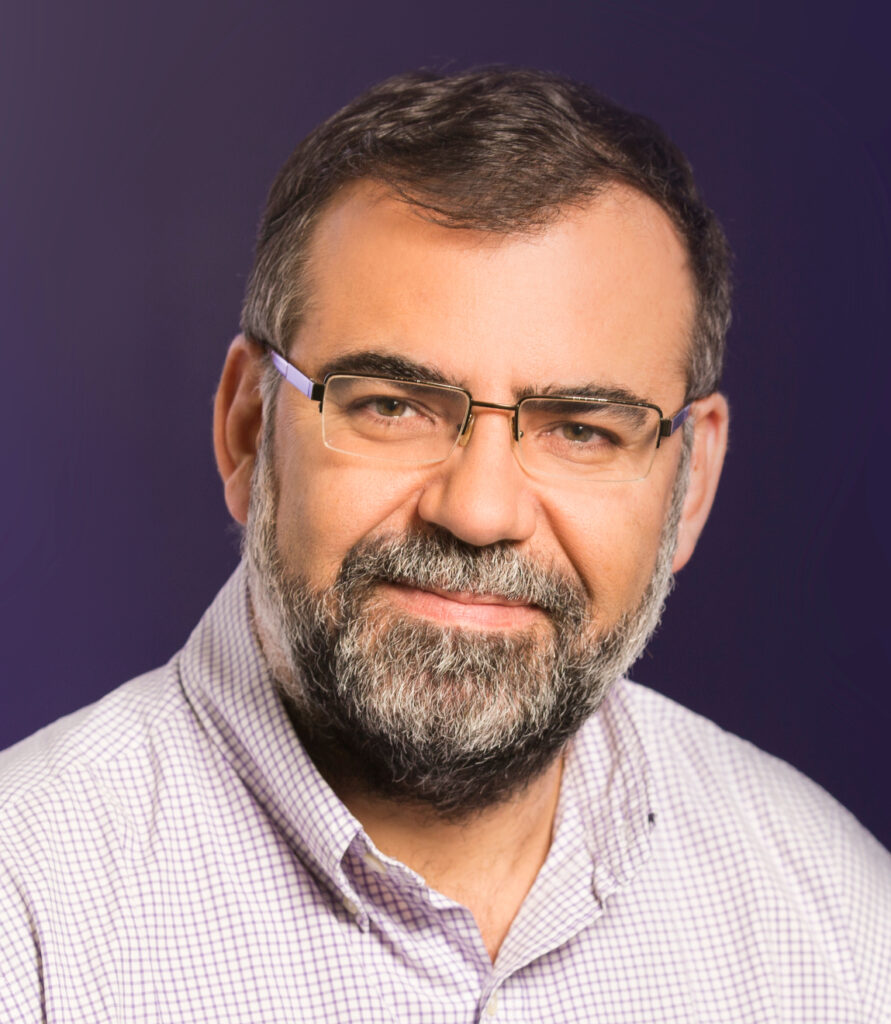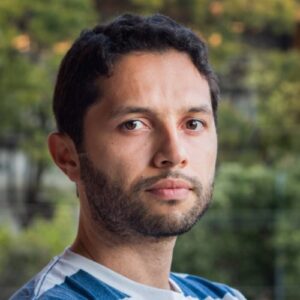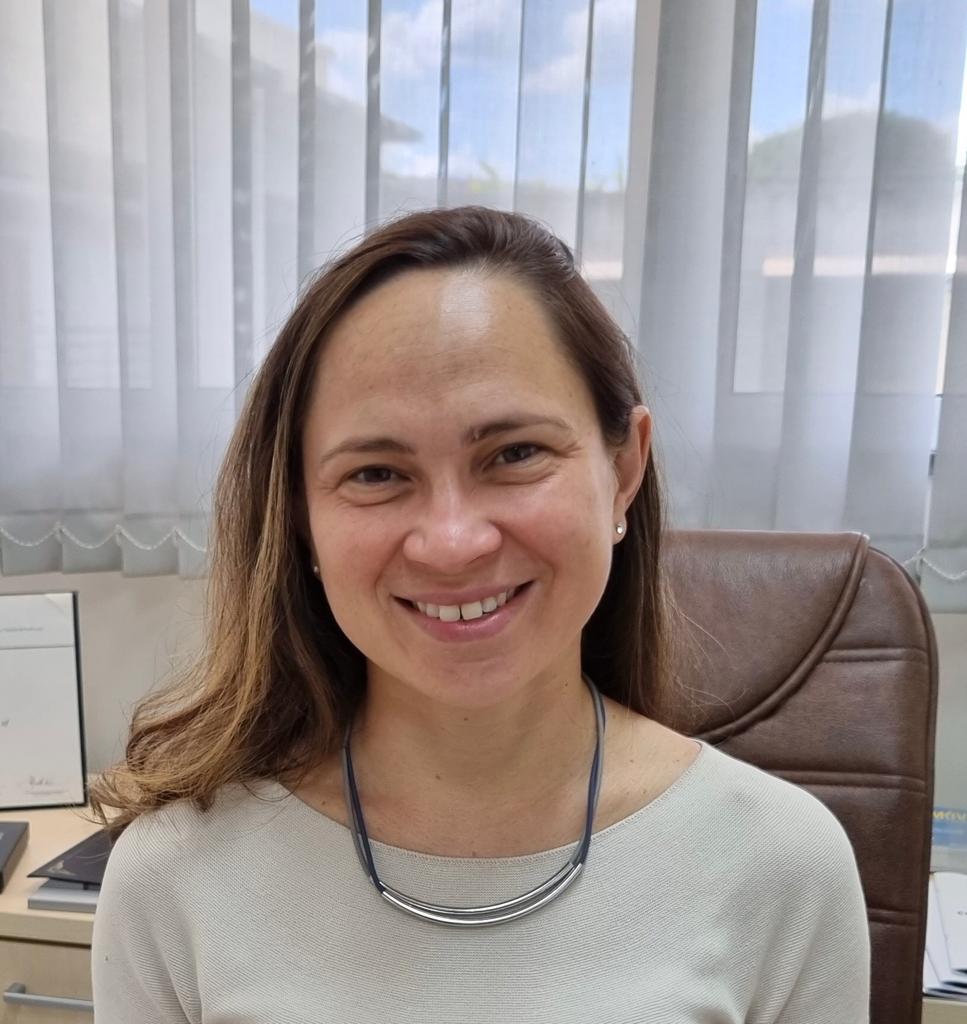Mohammed J. Zaki is a Professor and Department Head of Computer Science at RPI. He received his Ph.D. degree in computer science from the University of Rochester in 1998. His research interests focus on developing novel data mining and machine learning techniques, especially for applications in text mining, social networks, bioinformatics and personal health. He has around 300 publications (and 6 patents), including the Data Mining and Machine Learning textbook (2nd Edition, Cambridge University Press, 2020). He is the founding co-chair for the BIOKDD series of workshops. He is currently an associate editor for Data Mining and Knowledge Discovery, and he has also served as Area Editor for Statistical Analysis and Data Mining, and as Associate Editor for ACM Transactions on Knowledge Discovery from Data, and Social Networks and Mining. He was the program co-chair for SDM’08, SIGKDD’09, PAKDD’10, BIBM’11, CIKM’12, ICDM’12, IEEE BigData’15, and CIKM’18, and he is co-chairing CIKM’22. He is currently serving on the Board of Directors for ACM SIGKDD. He was a recipient of the National Science Foundation CAREER Award and the Department of Energy Early Career Principal Investigator Award, as well as HP Innovation Research Award, and Google Faculty Research Award. His research is supported in part by NSF, DARPA, NIH, DOE, IBM, Google, HP, and Nvidia. He is a Fellow of the IEEE and a Fellow of the ACM.
http://www.cs.rpi.edu/~zaki/


